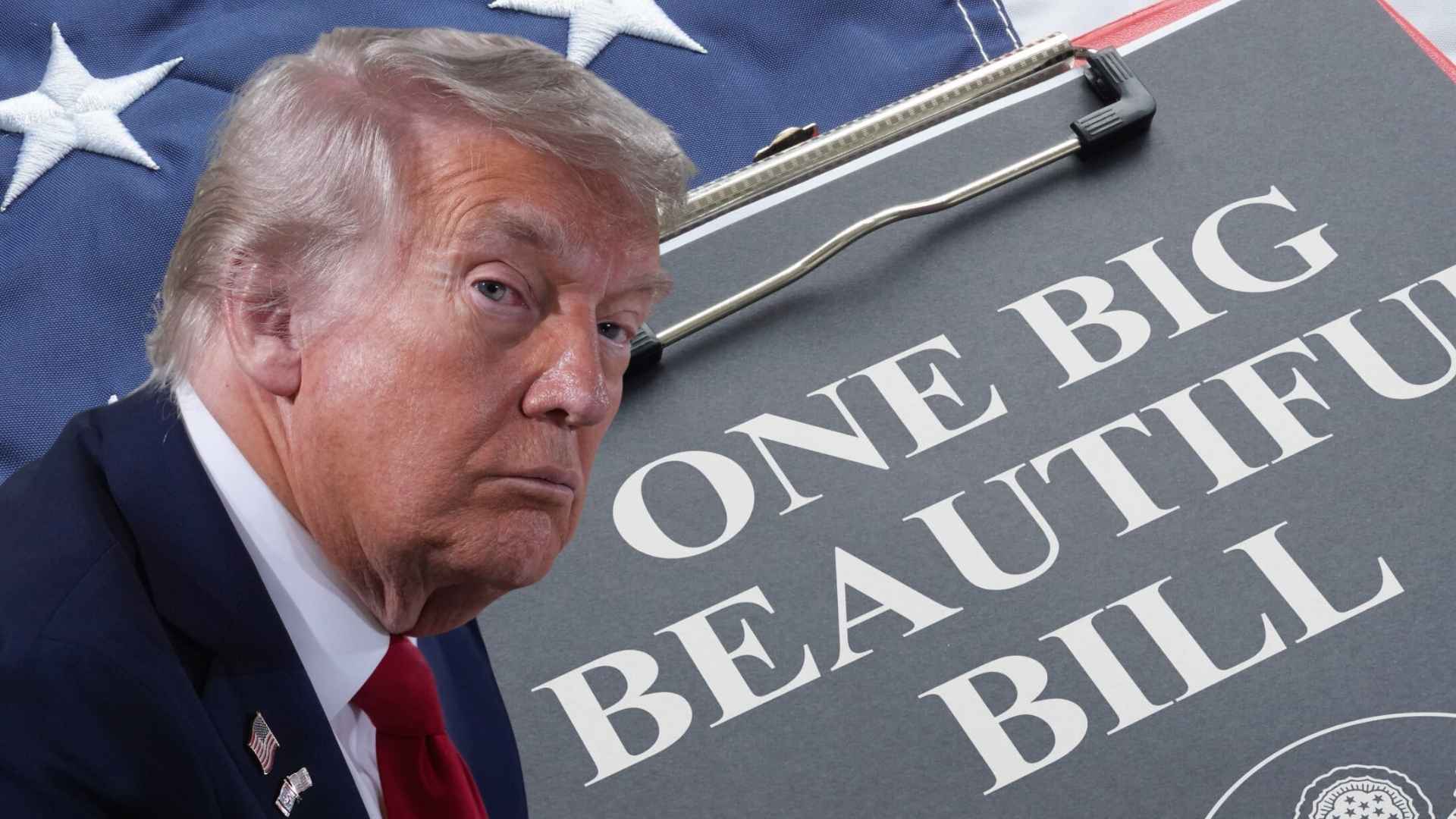A new law set to benefit millions of workers is making waves across the country. Known as “One Big Beautiful Bill,” this legislation promises to eliminate federal taxes on tips and overtime pay through 2028. Signed into law on July 4, it brings great news for employees who will now be able to deduct up to $25,000 in tips and $12,500 in overtime from their income. But what exactly does this mean for workers and employers alike?
How does the new law change the taxation of tips and overtime pay for workers?
Before this reform, all tips—whether cash or electronic—were considered taxable income. For workers in fields like hospitality, where tips are essential to their earnings, this often meant significant tax burdens. Now, those who receive tips regularly can deduct up to $25,000 from their taxable income.
Overtime workers can also benefit, with a deduction of up to $12,500 available for those who exceed their normal working hours. Here’s how the deductions break down:
| Deduction | Amount | Who Benefits |
|---|---|---|
| Tips | Up to $25,000 annually | Servers, bartenders, hospitality workers |
| Overtime | Up to $12,500 annually | Employees who work beyond their regular schedule |
These deductions could provide real financial relief, but it’s important to note that this change won’t affect Social Security or Medicare taxes.
Who is eligible to take advantage of the new tax deductions for tips and overtime?
This measure is specifically designed for employees in industries where tips make up a significant portion of their income, like servers, bartenders, and other service industry workers. The deductions apply to all tip income received, including from the prior year. While this won’t change Social Security or Medicare obligations, it can significantly reduce income taxes for millions.
It’s not just the employees who will need to stay on top of this new law. Employers must also be aware of their updated responsibilities under this rule. What do employers need to know about reporting tip income and overtime pay deductions? Employers in tip-based industries must include all tips received by their employees on the W-2 Form, along with details about the employee’s role. For independent contractors, the information should be reported on Form 1099.
Additionally, businesses in sectors like hair salons, spas, and nail salons—where tipping is common—can benefit from an expanded tax credit. This credit allows employers to deduct some of the taxes they pay on tips. Here’s a quick overview of what employers need to report:
| Form | Who Needs to File | Information to Report |
|---|---|---|
| W-2 Form | Employers of employees | Total tips received, type of job |
| 1099 Form | Independent contractors | Total tips received, type of work |
How much could workers save with the new tax deductions on tips and overtime pay?
Wondering how much this could save you? The White House has launched an official calculator to estimate potential savings based on your income and state. It’s a helpful tool to understand how these changes can benefit your tax filing.
This law will remain in effect until 2028, though it could be extended by the current administration. For now, workers have a solid three years of guaranteed tax relief. After that, it’s uncertain whether the measure will continue.
With these deductions in place, it’s time for workers and employers to review their tax planning. The law is expected to bring financial relief to millions, but keeping track of changes in tax filings is essential. Be sure to use the official tools provided and stay informed about future developments.

